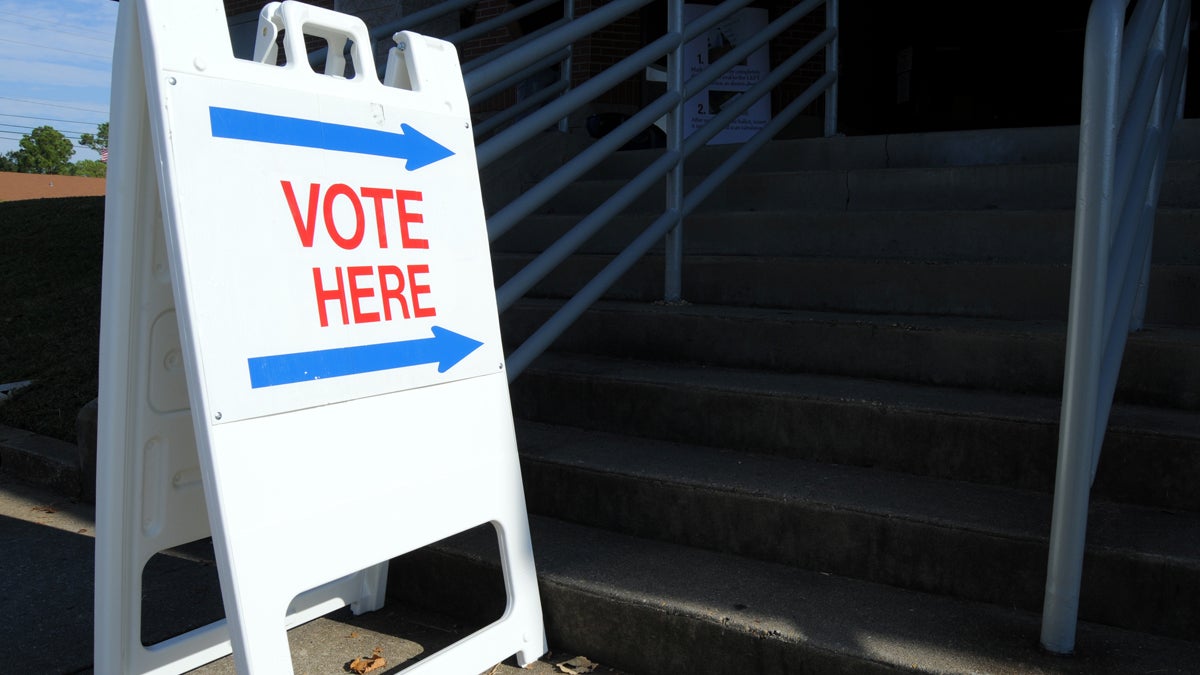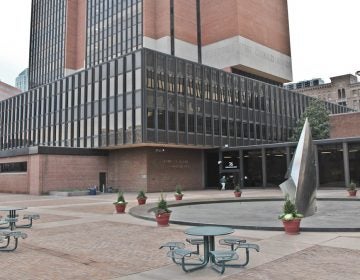A primer on the ‘weirdest elected position in Philadelphia’
Being a committee person is the easiest way to be part of the political system and to initiate some sort of change — in your division, your ward, or even more widely.

(ShutterStock)
No one really understands what a committee person is supposed to do. I should know. I’ve been one for four years.
A party committee person is the weirdest elected position in Philadelphia. The city is divided into 1,686 divisions, each with a polling place. One or two people from each of the two major parties are elected to represent their division. That can amount to 6,744 people. Despite this, there are no job responsibilities spelled out anywhere. To some degree, I want to fix that.
I was inspired to write this after seeing several inaccuracies in Bob Brady’s recent editorial in the Inquirer, “Committee people are the backbone of our democratic process.” To paraphrase a former ward leader friend of mine: At best, Brady is just incredibly mistaken about the duties of a committee person; at worst, he has just admitted to massive corruption in the election process in Philadelphia by stating that partisan committee people are expected to act as de facto members of the election board.
What does a committee person do? Our job, at its most basic level, is to represent the party at a local level. We are the eyes and ears of what’s happening on the streets, and we act as advocates for our political parties. We’re supposed to go to polling places after each election to review voter receipts from that day and keep a record to ensure that the totals are correct.
The city’s 1,686 divisions are grouped into 66 wards. The committee people of each ward meet at the start of every four-year term to elect ward leaders from our parties. And we attend regular ward meetings to talk to the ward leader, discuss strategy, meet and endorse candidates for that year, and report on what our constituents want or need addressed.
Contrary to what Brady wrote, running elections is not a committee person’s job. Nor is it our job to recruit people to work our polling places on Election Day. We are not supposed to open up the polling place, nor are we supposed to sit at the table when people vote. The only people who are supposed to do that are those who are elected as your local election judges and majority and minority inspectors.
If people are not elected to those roles, the judge of elections picks those individuals for Election Day. If there is no judge, then the majority inspector of elections takes over for the day. While committee people can be elected to any one of these jobs, they cannot do it on their own.
That said, committee people do have influence. We don’t get paid, and we don’t make laws, but we are able to advocate for our neighbors to party leaders and often can act as a direct line to someone in power — from City Council members, state representatives, mayors, congressional representatives.
An entrée into political world
In the last four years, I have used my position to speak at City Council hearings on proposed legislation, to talk to elected officials, to help keep the peace in my neighborhood when construction companies cause problems, and to argue for what I think is right within my party.
Democrats and Republicans in Philadelphia this year have a chance that occurs only once every four years. Citizens can participate directly in the democratic process in an immediate, local way that few people understand.
Many times families will control an entire ward in a party because no one else in the area is interested in being a committee person. Higher office holders may be committee people, and even ward leaders, to marshal resources and support for their interests. However, they often hold onto the lower office only because the public is not aware of this access to direct democracy.
Anyone can be a committee person, even without being on the ballot. Often in a given division, a party may have no one running, so writing yourself in may result in a win. That’s how I was elected.
Being a committee person is the easiest way to be part of the political system and to initiate some sort of change — in your division, your ward, or even more widely. As the eyes and ears for the people in power, you can offer solutions to problems that others may miss or ignore, and, in turn, you can help influence friends and neighbors for community efforts. You could have the chance to help end corruption and graft, to help people you support get endorsed for higher office and change the system. You become that force of change you want in the world.
—
Larry West is the Republican committeeman for Philadelphia’s 22nd Ward, 26th Division. He is running for Congress in Pennsylvania’s 3rd District.
WHYY is your source for fact-based, in-depth journalism and information. As a nonprofit organization, we rely on financial support from readers like you. Please give today.



